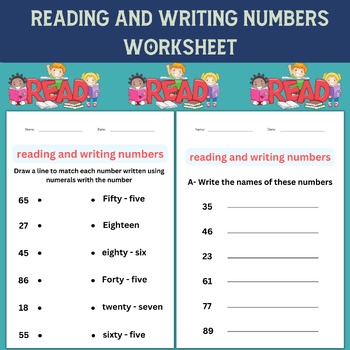When it comes to learning math, one of the fundamental skills that children need to master is writing numbers. This skill not only helps them understand the concept of numbers but also lays the foundation for more complex mathematical operations later on. Writing numbers worksheets are a great tool to help children practice and improve their number writing skills in a fun and engaging way.
These worksheets typically include exercises where children have to trace and write numbers from 1 to 10 or even up to 100. They provide a structured approach to learning numbers and help children develop their fine motor skills as they practice writing each digit.
Writing numbers worksheets come in various formats, from simple tracing exercises to more advanced activities that involve writing numbers in sequence, filling in missing numbers, and even solving basic math problems. These worksheets are designed to cater to different age groups and skill levels, making them suitable for preschoolers, kindergarteners, and elementary school students.
One of the key benefits of using writing numbers worksheets is that they help children build confidence in their math abilities. By practicing writing numbers regularly, children become more familiar with numerical symbols and develop a stronger grasp of number concepts. This, in turn, can lead to improved performance in other math-related tasks and boost overall academic achievement.
In addition to enhancing number writing skills, these worksheets also encourage children to pay attention to detail and develop a sense of precision in their work. The repetitive nature of the exercises helps reinforce learning and allows children to track their progress as they move through the various levels of difficulty.
Overall, writing numbers worksheets are a valuable resource for educators and parents alike to support children’s math learning journey. By incorporating these worksheets into their daily practice routine, children can strengthen their number writing skills, build confidence in math, and develop a solid foundation for future mathematical success.
